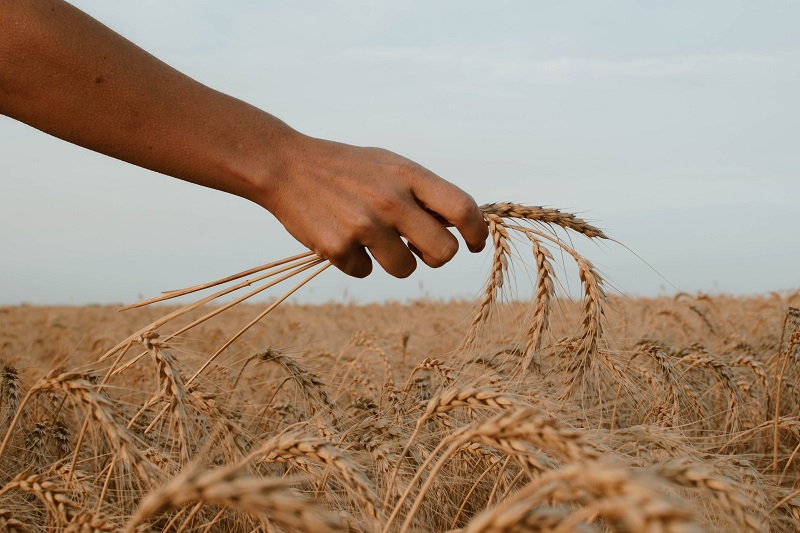
Russia Halts Grain Deal, Raising Concerns Over Food Prices and Global Food Security
Russia has announced that it will no longer participate in a grain agreement that Ukraine could export through the Black Sea, which the United Nations mediated. Poorer nations are concerned that this decision may result in price increases, making food unaffordable for vulnerable populations. The action was taken shortly after an explosion that Ukrainian maritime drones caused Moscow claims destroyed Russia’s bridge to Crimea. The U.N. Secretary-General and numerous nations highlighted their concerns about the impact on global food security, even though the Kremlin denied any connection between the attack and the cancellation of the grain trade.
Russia’s Suspension of the Grain Deal
Dmitry Peskov, the spokesman for the Kremlin, declared that Russia would no longer be taking part in the Black Sea agreements because its demands for implementing a parallel arrangement to relax regulations for Russia’s own food and fertiliser exports had not been met. Moscow expressed dissatisfaction over the deal’s effect being terminated due to the agreed-upon terms for Russia not being carried out. Russia said that if its demands were met, it would think about rejoining the grain agreement, but in the interim, it cancelled its commitments to maritime safety.
International Response and Concerns
According to Antonio Guterres, secretary-general of the United Nations, the agreement to support Russia’s exports of food and fertiliser was also terminated by Russia’s withdrawal. Guterres voiced worry that this Russian action will have a detrimental effect on those in need worldwide. These worries were shared by the White House in Washington, which emphasised that millions of people would suffer if the accord were suspended because it would exacerbate food security. Antony Blinken, the secretary of state for the United States, criticised Russia for its action.
Keep Reading
Major exporters of grains and other foods, Ukraine and Russia, may see an increase in food costs if their exports are interrupted. The possible effects are especially concerning for poorer countries that primarily rely on imported grains. The Horn of Africa’s worst drought in decades may severely impact East African nations like Somalia, Ethiopia, and Kenya. The interruption of grain shipments might worsen the food crisis in these nations, impacting populations already having a hard time coping with the lack of resources.
Ukraine’s Response and Seek for Alternative Solutions
Volodymyr Zelenskiy, the president of Ukraine, said that Ukraine would look to Turkey for assistance to successfully overcome the de facto blockade imposed by Russia. Zelenskiy suggested that Ukraine, the U.N., and Turkey cooperate to secure the operation of a food corridor and vessel inspections. He emphasised the significance of guaranteeing security and protection against Russian acts and urged the international community to show that blackmail is unacceptable.
The suspension of the grain agreement comes as the hostilities between Russia and Ukraine intensify. Ukrainian forces have been focusing on Russian supply lines in their counteroffensive to drive Russian soldiers out of their south and east. In addition to stating that Russian forces had started a significant advance in the northeast, Ukraine claimed two civilian losses. The Ukrainian military asserted that Russia had built a sizable military presence near the Lyman-Kupiansk area.
Concerns regarding the possible effects on world food prices and food security, particularly in vulnerable countries, have been raised due to Russia’s decision to cease participating in the U.N.-brokered grain deal. Any interruption in grain shipments is expected to disproportionately negatively impact poorer countries already dealing with problems like violence and drought. The current confrontation between Russia and Ukraine makes things much more difficult. The international community is asked to address these issues quickly and investigate alternate solutions to reduce the potential effects on food security and guarantee the welfare of the impacted populations.




